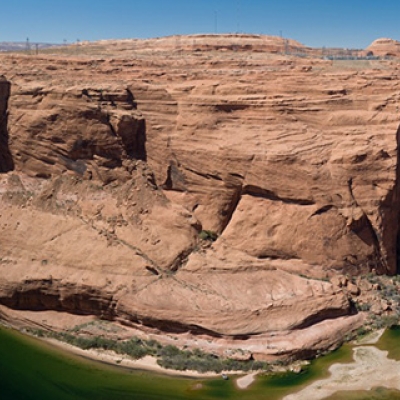
The Crash, Peak Oil and Resilient Cities
By Peter Newman / On December 9th, 2008
How did the crash happen? Over-inflating the economic balloon with debt that was vulnerable to rises in oil price. What do we do about it? Use non-oil-based projects and approaches to generate economic growth or else we are going to make things worse. In detail....


